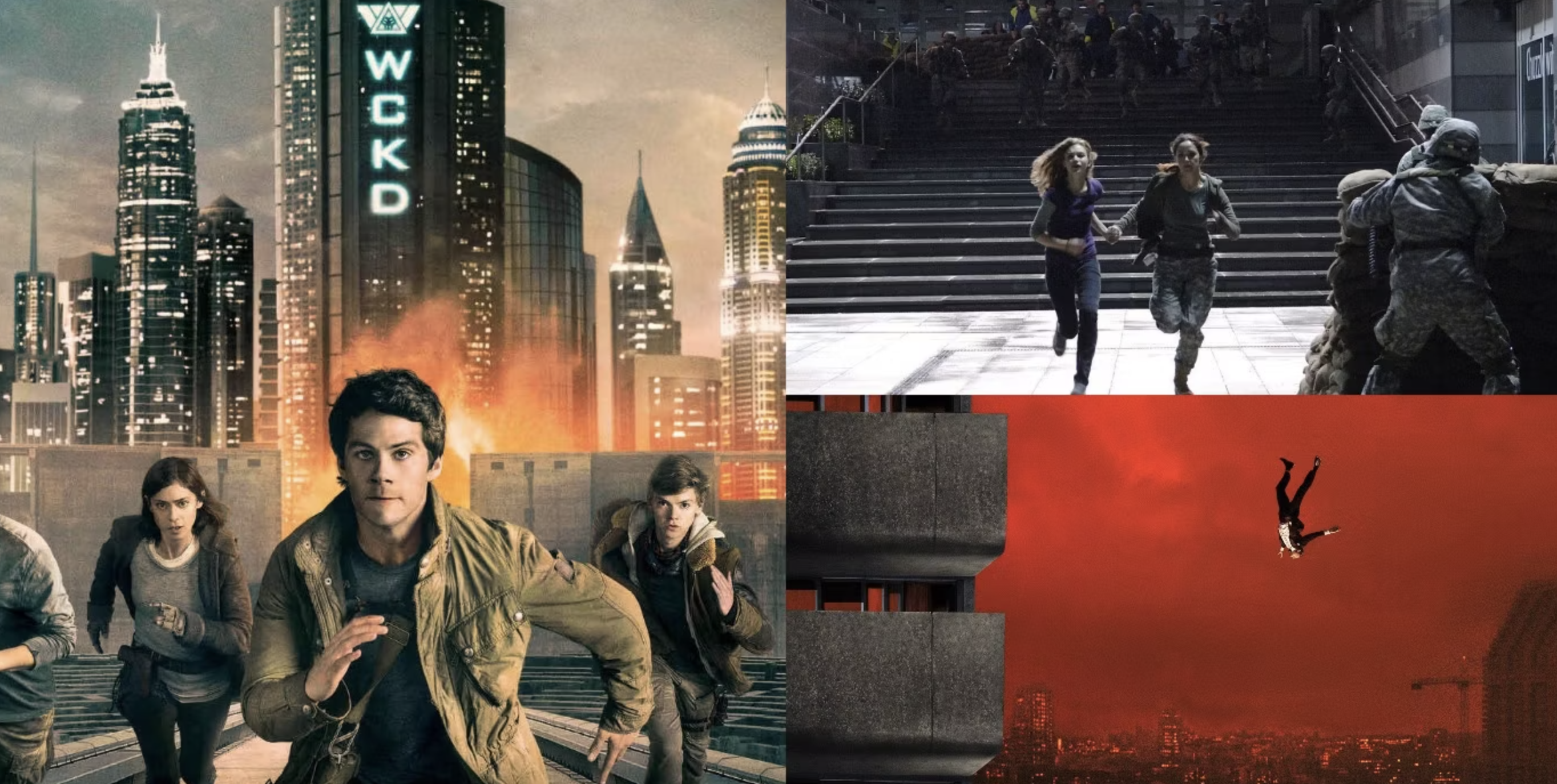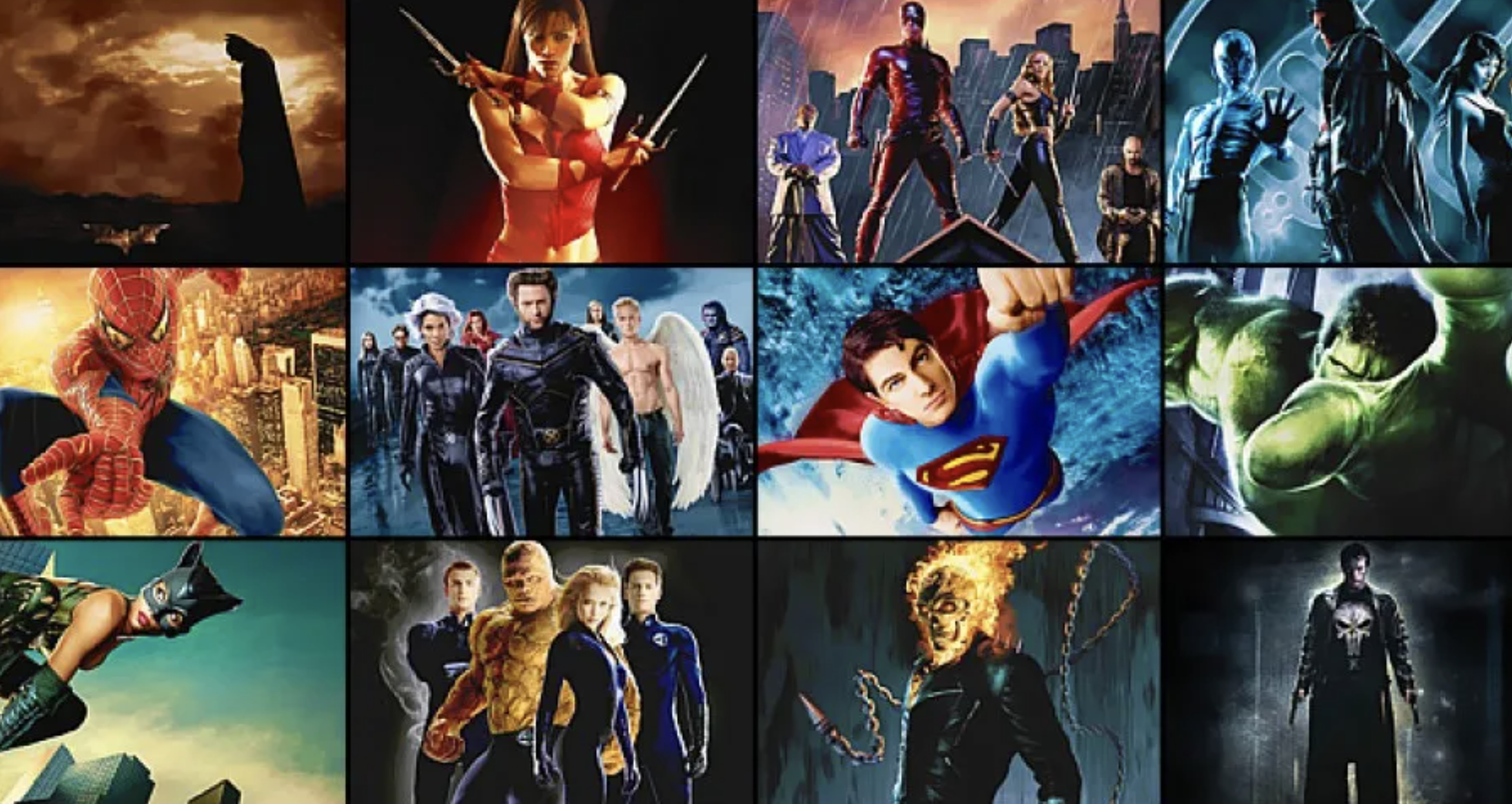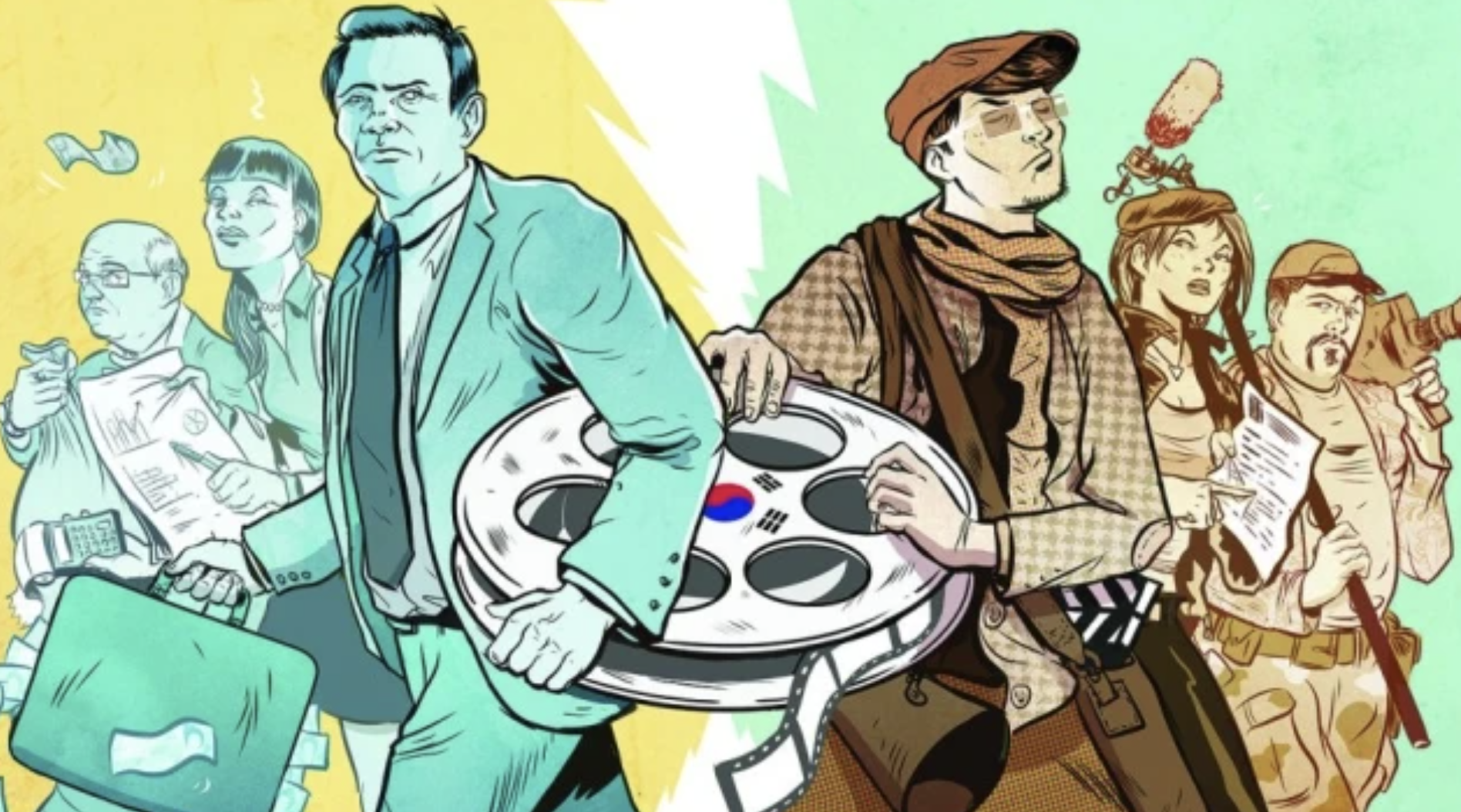Dystopian Films That Will Make You Think
Dive into the abyss of dystopian cinema with this exploration guide. Brace yourself for a mind-bending journey through films that will challenge your perceptions, shake your beliefs, and leave you questioning reality. Read on, if you dare!
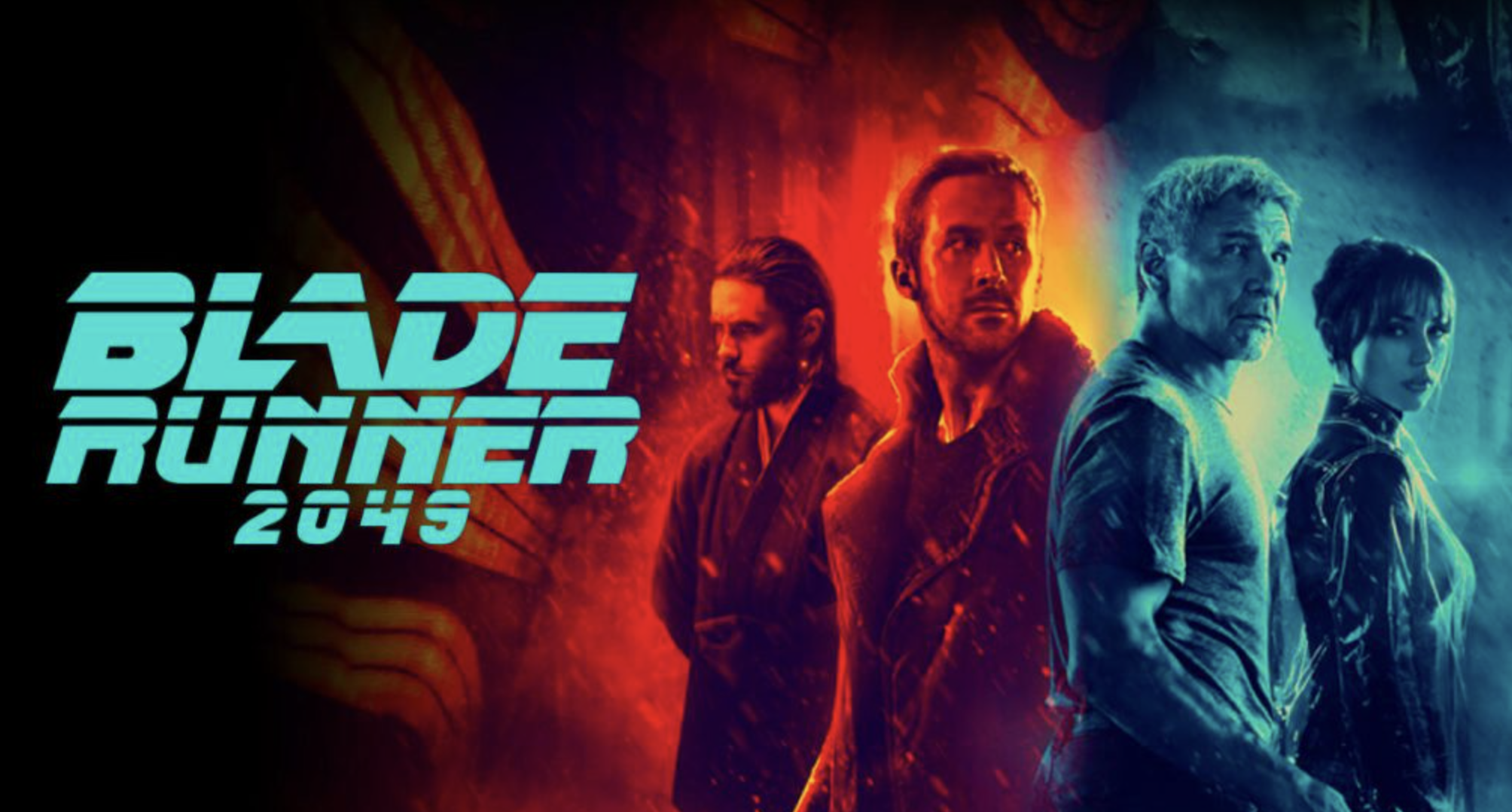
The Ethical Quagmire in "Blade Runner 2049"
"Blade Runner 2049" dives deep into the ethically murky waters of advanced artificial intelligence and its indiscernible difference from human beings. This sequel not only continues the narrative of its predecessor but also amplifies the existential questions surrounding the creation and exploitation of replicants. These bioengineered beings, designed to serve humans, blur the lines between synthetic and organic life, forcing us to ponder the essence of humanity itself. The film intricately explores the rights of these artificial beings versus their human creators, thrusting the audience into a moral dilemma about dominance, servitude, and the quest for identity in a technologically saturated society.
Through the eyes of its characters, the movie navigates the complicated dynamics between creators and their creations, highlighting the replicants' struggle for recognition and autonomy. The visuals and narrative synergize to evoke a sense of empathy for these artificial entities, challenging our preconceived notions of consciousness and the soul. It prompts a reevaluation of what it means to be alive and the ethical responsibilities that come with advanced technological power.
"Blade Runner 2049" not only serves as a mesmerizing cinematic experience but also as a philosophical debate, engaging the viewer in contemplation about future societies, the potential consequences of our current technological trajectory, and the timeless inquiry into the nature of our own existence. Through its portrayal of a world teetering on the brink of ethical compromise, the film encourages a reflection on our values and the future we wish to forge.
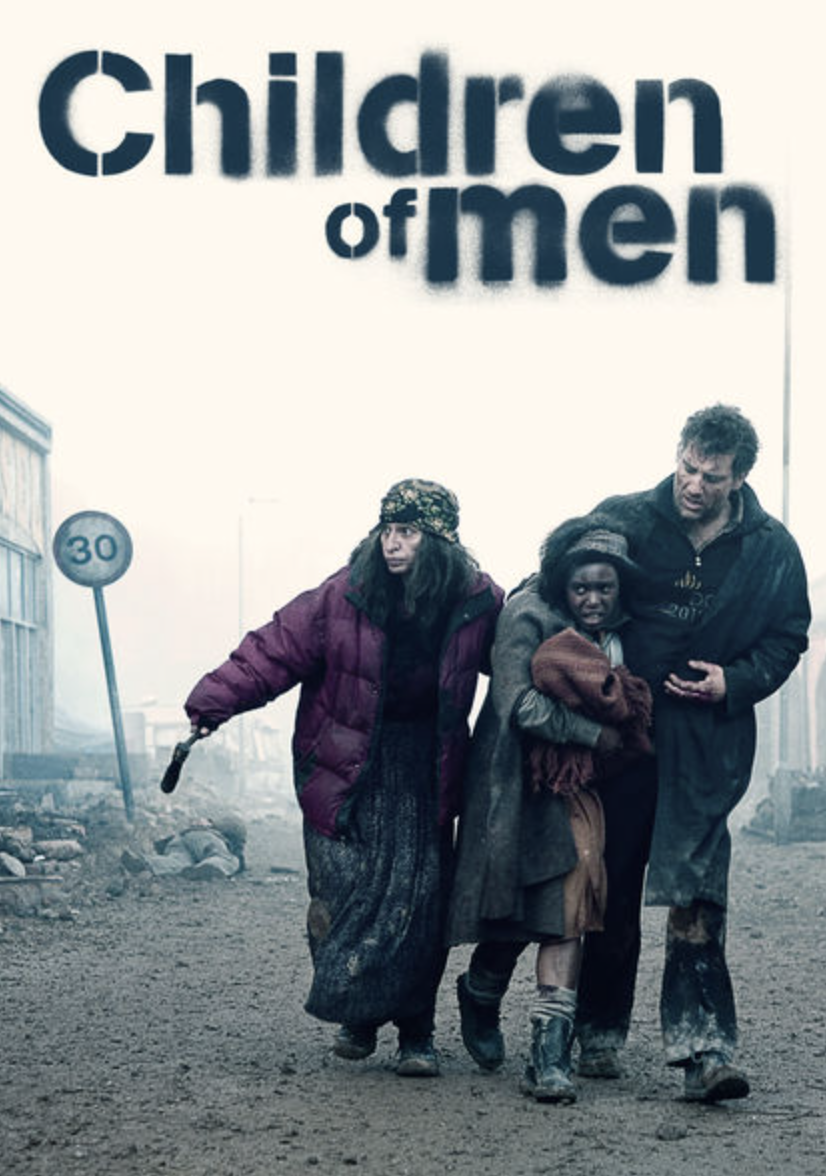
Societal Collapse in "Children of Men"
"Children of Men" delves into the chaotic aftermath of global infertility, a dystopian nightmare that strips humanity of its most basic continuation: reproduction. Set against the backdrop of a decaying United Kingdom, the narrative explores the harrowing effects of societal breakdown. Civility crumbles as governments clamp down with draconian measures in a desperate bid to maintain order amidst growing despair and anarchy. The film's raw and unfiltered lens captures the desperation of a world starved of the sounds of children, a poignant reminder of the fragility of social order and the human spirit.
Alfonso Cuarón crafts a narrative that is as much about the resilience and hope found in the struggle for survival as it is about the despair of a dystopian world. The journey of Theo, the protagonist, becomes a powerful allegory for the potential for redemption and the importance of fighting for a future, even when all seems lost. As the film navigates through themes of faith, redemption, and the human capacity for hope, it juxtaposes the instinct to survive against the backdrop of a society teetering on the edge of oblivion.
"Children of Men" stands as a compelling exploration of the consequences of environmental and societal neglect, showcasing the inherent human struggle to find meaning and hope in the bleakest of circumstances. It holds up a mirror to our contemporary world, challenging viewers to reflect on the direction of our society and the impact of our collective choices.
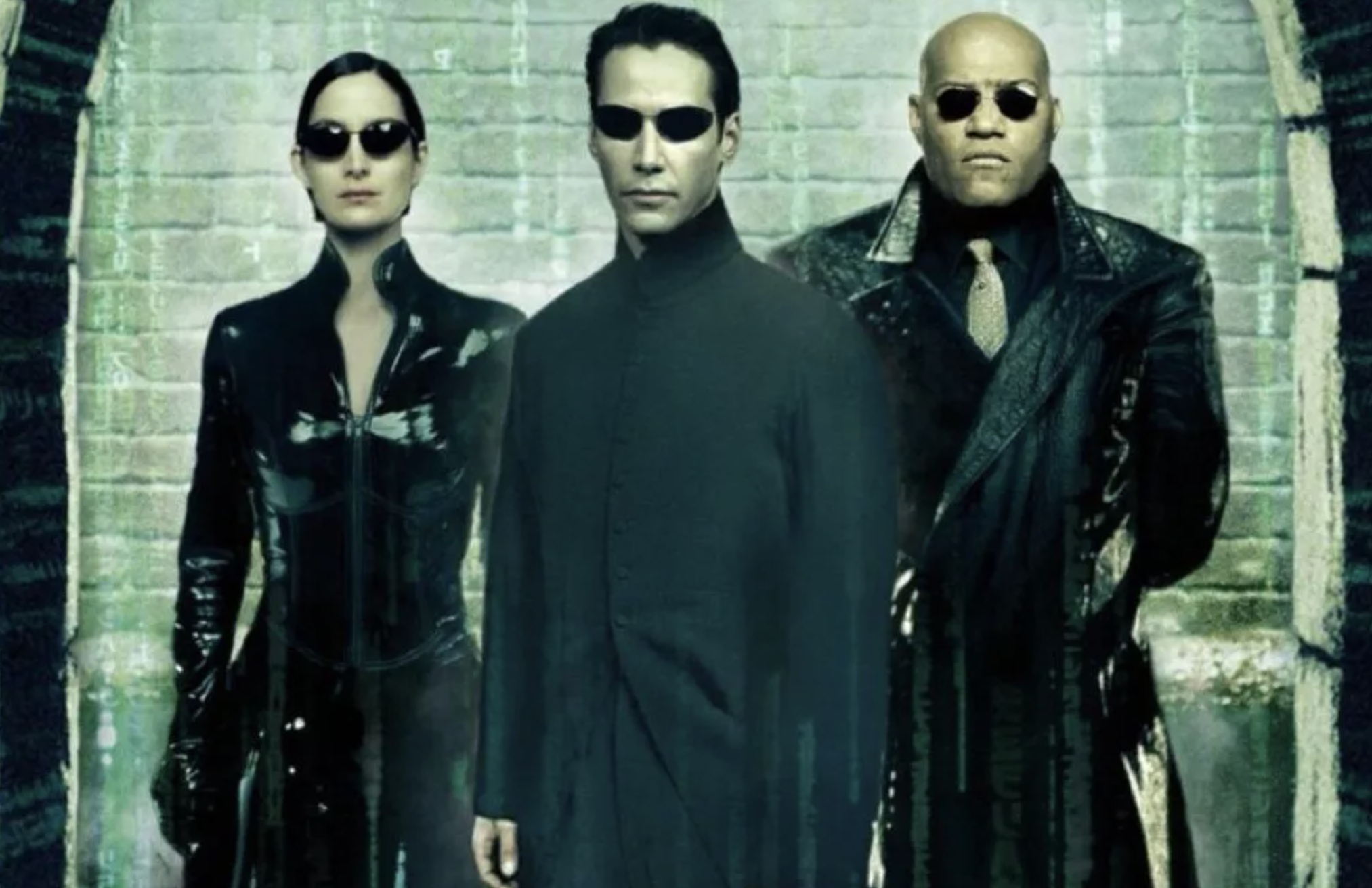
Corporate Control in "The Matrix"
"The Matrix" serves as a profound critique of a future dominated by a technocratic elite, where humans are unknowingly trapped in a simulated reality that masquerades as the real world. This digital illusion is meticulously maintained by sentient machines that have usurped power, relegating humanity to the role of unwitting energy sources. Through its narrative, the film raises alarm about the potential for technology to alienate us from our own humanity and the essence of the world around us. It compellingly argues that in our relentless pursuit of advancement, we risk falling prey to a system that values efficiency and control above all else, effectively turning us into cogs in a vast, impersonal machine.
At its core, "The Matrix" is a philosophical journey that challenges the audience to awaken from their passive acceptance of reality as it is presented to them. It encourages a critical examination of the systems that govern our lives, urging us to question the motives behind those who wield technological power. The protagonists’ fight against the machine overlords symbolizes a broader struggle for autonomy and freedom in the face of a society that increasingly seeks to commodify and monitor every aspect of human existence.
By weaving together high-octane action with existential inquiry, "The Matrix" goes beyond traditional dystopian fare to explore the complexities of identity, freedom, and resistance. It serves as a reminder of the importance of maintaining our humanity and vigilance in an age where corporate and technological control threaten to erode the very fabric of our reality.
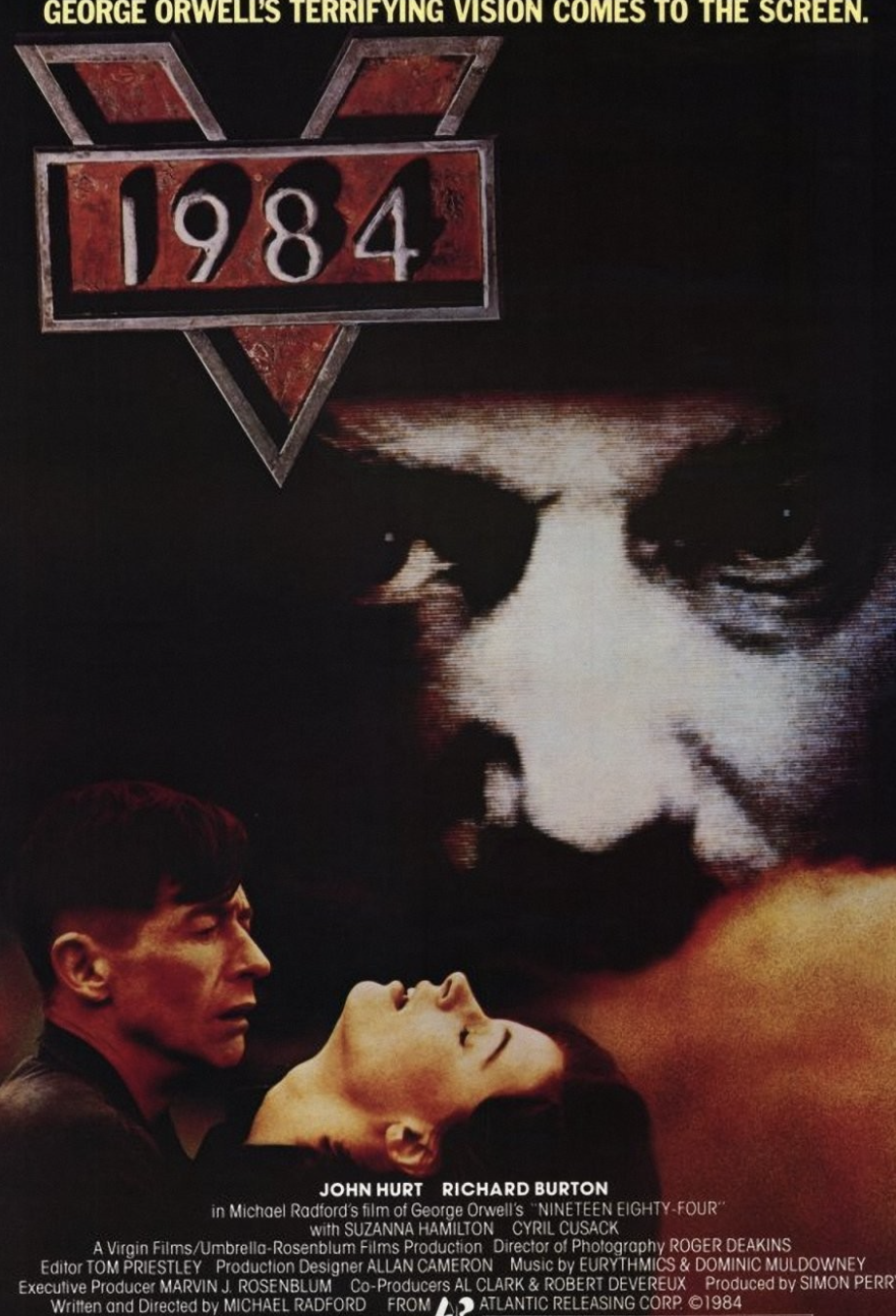
Government Surveillance in "1984"
"1984" immerses viewers into the grim reality of a world under the oppressive thumb of a totalitarian regime where Big Brother's ever-watchful eyes symbolize the ultimate loss of personal privacy and freedom. Through the experiences of Winston Smith, a man struggling to find a semblance of individuality and truth in a society that demands absolute conformity, the film explores the harrowing impact of government surveillance on the human spirit. Orwell's dystopian vision is brought to life with disturbing clarity, illustrating a future where every action, word, and thought is monitored and controlled.
This narrative is a potent reminder of the thin line between security and tyranny, showcasing how a government's desire for control can lead to the implementation of omnipresent surveillance systems designed to quash dissent before it begins. The pervasive fear and paranoia induced by the constant monitoring serve not only to suppress opposition but also to erase any sense of privacy, leading individuals to self-censor and conform out of self-preservation.
In "1984," the psychological manipulation exerted by the Party extends beyond mere surveillance; it infiltrates the very language and reality of its citizens, demonstrating the terrifying power of propaganda when wielded by an authoritarian state. The film compels audiences to reflect on the value of privacy, the importance of free thought, and the dangers that arise when governmental powers are left unchecked. It stands as a cautionary tale against the potential dark turns society could take if vigilance against such intrusions is not maintained.
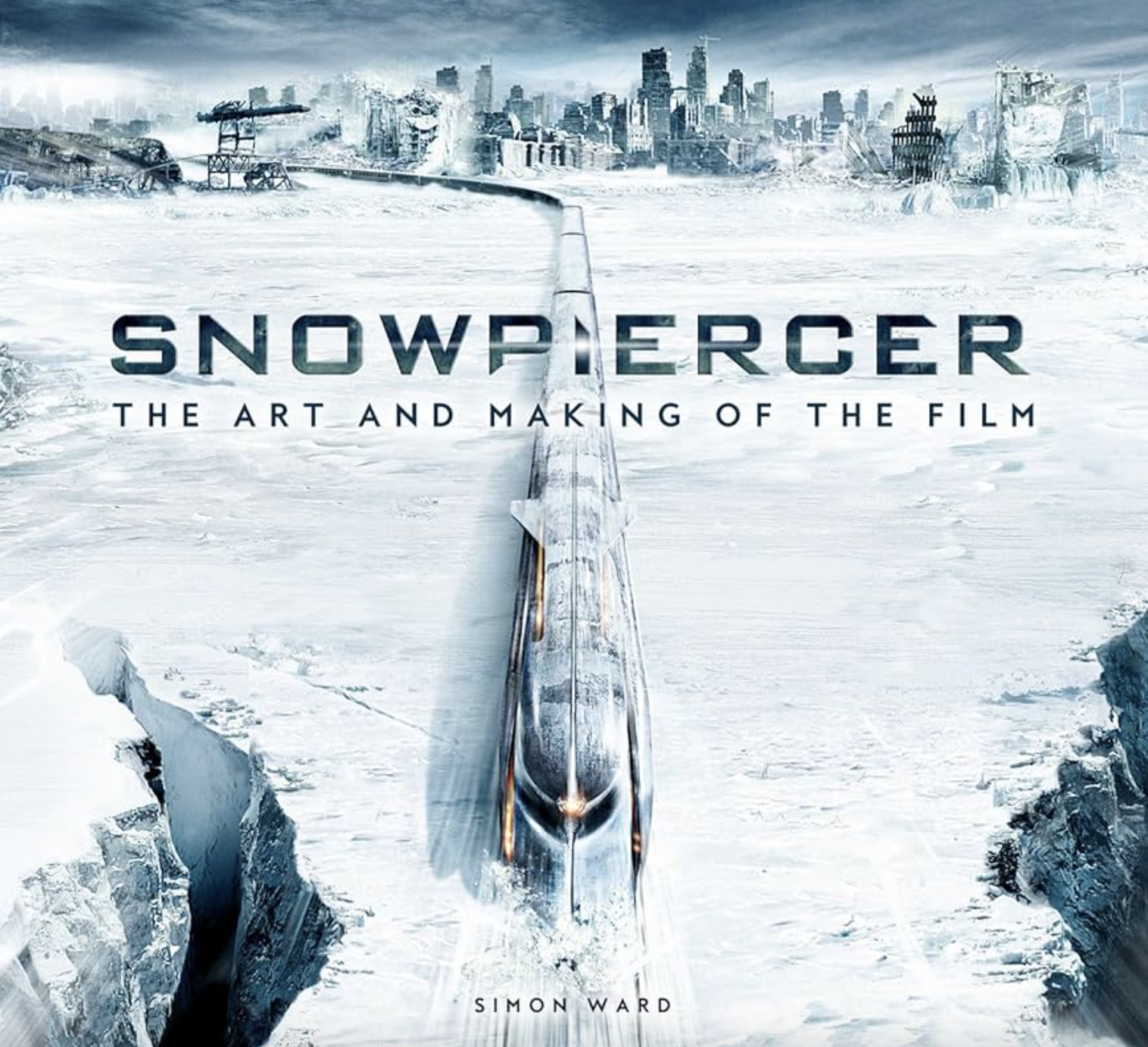
Environmental Catastrophe in "Snowpiercer"
"Bong Joon-ho's 'Snowpiercer' paints a stark portrayal of a future Earth, encapsulated in an endless winter after a botched attempt to halt global warming. This cinematic venture thrusts viewers into the claustrophobic confines of a perpetually moving train, segregating humanity by class within its carriages. The film meticulously crafts a narrative that not only reflects on the dire consequences of environmental negligence but also delves into the deep chasms of class disparity it exacerbates. As passengers at the tail end of the train fight for equal rights and resources, 'Snowpiercer' navigates through intense social and political commentary, drawing a parallel to our current environmental challenges and the societal divides they deepen. Through the microcosm of the train, the film exposes the fragility of social constructs in the face of ecological disasters and questions the sustainability of human ingenuity against nature's wrath. It serves as a gripping exploration of the lengths to which humanity will go to ensure survival while critiquing the systems that lead to such desperate conditions. 'Snowpiercer' compels the audience to confront the realities of environmental destruction and its ripple effects on society, urging a reevaluation of our relationship with the planet and each other in the struggle for a more equitable future."
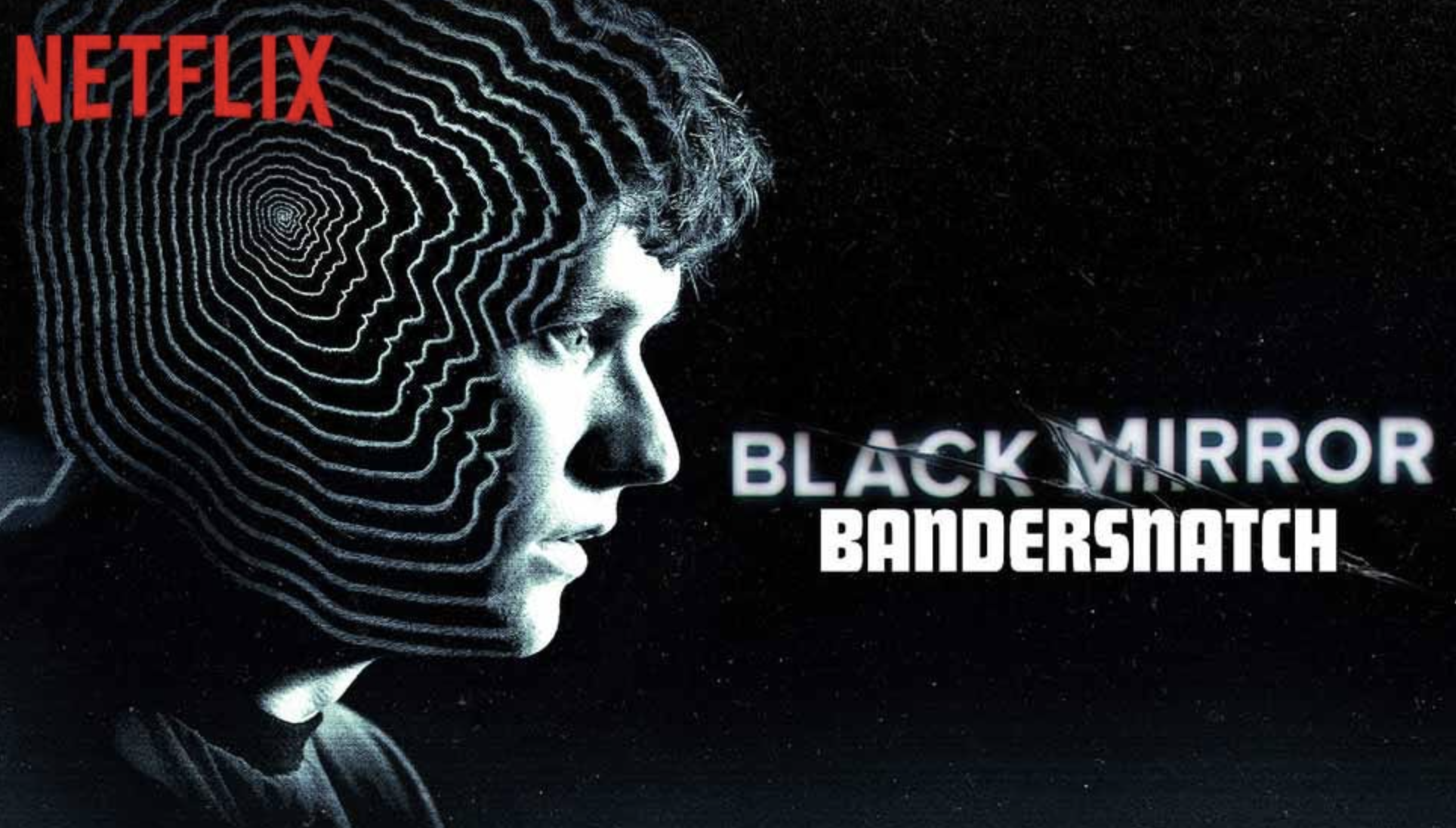
Psychological Manipulation in "Black Mirror: Bandersnatch"
"Black Mirror: Bandersnatch" plunges viewers into a unique narrative labyrinth, offering a groundbreaking exploration of free will versus predestination within the framework of an interactive film experience. As participants navigate through a series of decision-making junctures, they become complicit in the protagonist's descent into paranoia and doubt, effectively blurring the lines between player and character. This innovative format serves as a canvas for examining the implications of technological advancement on our perceptions of reality and autonomy. Each choice made by the viewer not only alters the storyline but also invites introspection about the illusion of control in a digital age dominated by algorithms and surveillance. The film intricately weaves themes of mental health, creativity, and the ethics of storytelling, challenging the audience to reconsider the impact of their digital footprints and the invisible forces guiding their lives. "Black Mirror: Bandersnatch" ultimately acts as a meta-narrative on human agency, captivating the viewer in a reflective dialogue on how technology shapes our decisions and destinies, underscoring the power and consequences of our seemingly innocuous choices.
You May Also Like:


